Image

Oystercatchers can be seen both on the floating docks in the harbour and also on the islands we visit to see the puffins. They specialise on the way they feed on bivalves (mussels, cockles), some oystercatchers pry the two shells apart (these oystercatchers have a very long pointed bill) and some hammer the shells (these oystercatchers have a very blunt short bill).
| Average Length: | 42 cm |
| Average Weight: | 540 g |
| Wingspan: | 83 cm |
| Diet: | Mainly bivalves (mussels and cockles) and other intertidal species. |
| Est. population around Iceland: | ~ 10,000 – 20,000 pairs |
| Residence Period: | All year round |
| Nesting habitat: | Rocky, sandy or muddy beaches |
| Nesting Period: | Mid April to Mid July |
| Clutch size (No eggs): | 2-3 |
| Incubation time (days): | 24-27 |
| Fledging time: | 34-37 |
| Typical life span (years): | 12 |
| Age at first breeding (years): | 4 |
| IUCN world Status: | Least concern |
| Major Threats: | Predation, pollution, diseases, habitat destruction, human disturbance, overfishing for shellfish |
| Other Names: | Tjaldur, Strandskade, Meriharakka, Austernfischer, Beccaccia di mare, Ostrygojad zwyczajny, Ostrero, Scholekster, Huîtrier pie, Tjeld, Ostraceiro, Strandskata |




